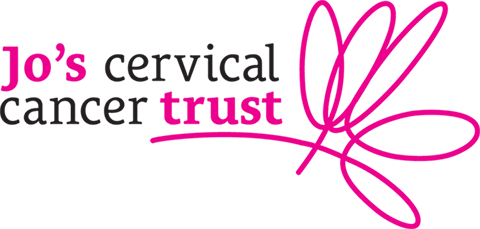There are no products in your shopping cart.
| 0 Items | £0.00 |
If you have questions or need to talk, call our helpline for information or support.
Have a question? Receive a confidential response via email.
Come to a support event to meet other people who have had a cervical cancer diagnosis.
Connect with others, share experiences and ask questions on our forum.
Individual support via phone or email, for anyone affected by a cervical cancer diagnosis.
Read about ways to cope with any effects of treatment and getting practical support.
Human papillomavirus or ‘HPV’ is a common virus. It can be passed on by skin-to-skin contact in the genital area. 8 in 10 of us will get it at some point in our lives and it usually doesn’t cause any problems. However, some types called ‘high-risk HPV’ can cause cervical cancer. They can also cause cancer of the vagina, vulva (the external genitals around the vagina) penis and anus, as well as some head and neck cancers.
Other types called ‘low-risk HPV’ cause genital warts — these are not linked to cancer.
HPV vaccination can help prevent at least 7 out of 10 cases of cervical cancer and 9 in 10 cases of genital warts.
Along with HPV vaccination, cervical cancer can be prevented with cervical screening. In the UK, any woman or person with a cervix between aged 25–64 is eligible for cervical screening.
In UK schools, girls and boys aged between 11 and 13 will be offered the HPV vaccine. If someone missed the HPV vaccine when it was offered to them in school, they might be able to get it through their GP up until their 25th birthday. The HPV vaccine protects against:
Our resources are designed to support you and your students. They include information on HPV, the HPV vaccine and cervical screening.
You can view or download the resources via the links below:
All of our information goes through a rigorous review process to make sure it is accurate and evidence based.

